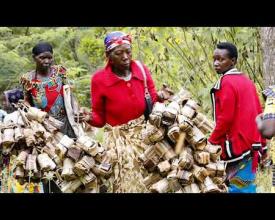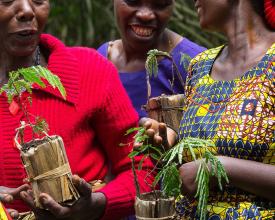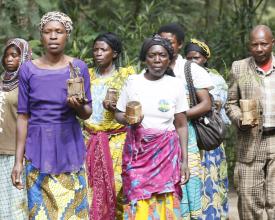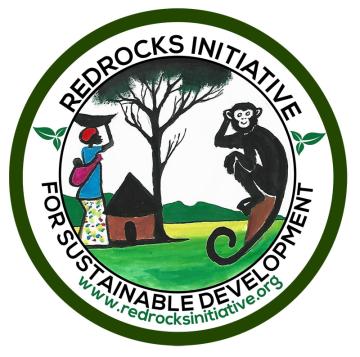
THE IGIHOHO PROJECT ECO-FRIENDLY SEED BAGS MADE FROM BANANA BARKS
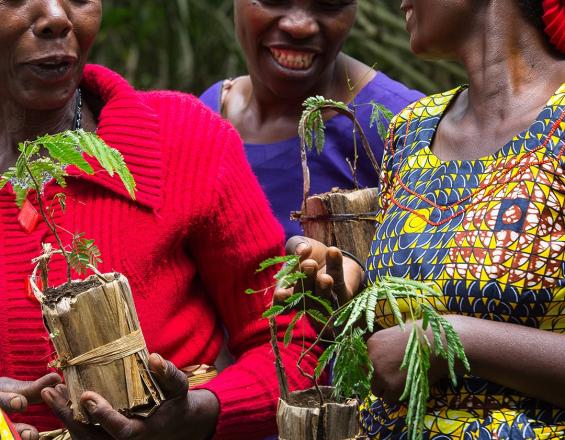
Rwanda’s ecosystems are increasingly at risk from climate change. Some of Rwanda’s land surface is estimated to be degraded because of soil erosion, salinization, pollution, and loss of vegetation or soil fertility. This is a result of factors including deforestation, unsustainable agriculture, overgrazing, uncontrolled mining activities, invasive alien species, and, increasingly, climate change.
Simultaneously, plastic waste continues to be a major challenge in the region. If not managed well, it contributes to environmental pollution impacting livelihoods and public health. It is in this regard that Red Rocks Initiatives for Sustainable Development initiated the idea of making eco-friendly seed bags made from banana barks due to the fact that it is illegal to import, produce, use or sell plastic bags and plastic packaging except within specific industries like hospitals and pharmaceuticals.
Impacts
The project falls within the framework of environmental protection and soil conservation. Initially, we trained 20 women who have impacted over 200 other women through our monthly workshops at the center. Over the years, they produced over 15,000 seed bags, managing to sell over 70% of the igihoho seed bags to nursery bed businesses in the region. We employed 20 women of whom we had trained to make eco-friendly banana seed bags.
To ensure the sustainable use of the resource it is shown that there should be a benefit-sharing mechanism, which would also improve collaboration. Furthermore, most members of the communities are interested in participating in activities like peeling the banana barks, making the igihoho seed bags which they wish to showcase to tourists as a way of enhancing soil and environmental protection. The communities around Red Rocks need more education as to the areas in which they can participate in order to reduce poverty and ensure sustainable use of the biodegradable seed bag to educational institutions and beyond. We have long believed that helping local people is a crucial part of conservation and we have initiated major programs in education, training, health, and related areas in recent decades.
